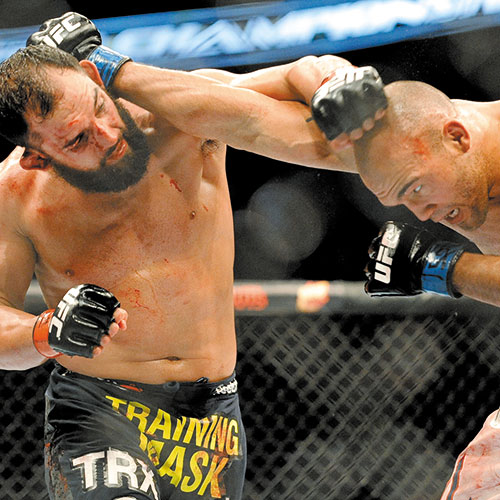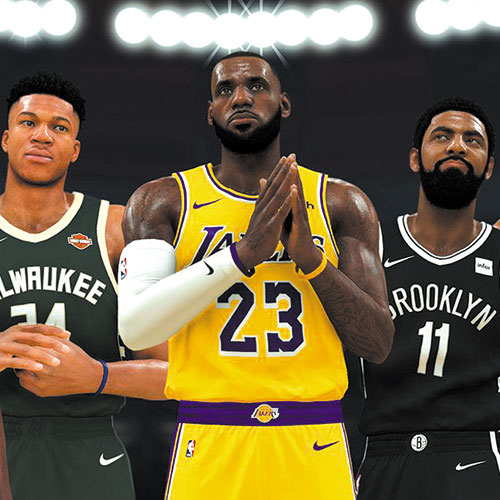MMA fighters file antitrust lawsuit against UFC

SAN JOSE, Calif. (AP) — Mixed martial arts fighters filed an antitrust lawsuit against the Ultimate Fighting Championship on Tuesday, alleging the organization is a monopoly that chokes off competition, crushes athletes’ earnings and controls the right to market their names even after their deaths.
“UFC has taken over the entire industry and dictated its terms upon the fighters … they don’t have any rights. It’s the new religion, as it were … it’s time for things to change,” said Nathan Quarry, who is a plaintiff in the suit along with Cung Le and Jon Fitch.
Only Le currently has a UFC contract, although he said at a news conference that he would not fight if called up for a bout.
The federal suit was filed in San Jose, where Le lives. It’s being brought by high-profile firms involved in suits against such giants as Apple, Google and JPMorgan Chase & Co.
At a news conference, lawyers declined to put a price tag on the damages being sought.
However, they argued that MMA fighters receive only a fraction of the earnings they could make in a competitive market and their paydays are far less than those of professional boxers.
The suit, which seeks class-action status, names Zuffa LLC, the Las Vegas-based company that does business as the UFC.
“The UFC is aware of the action filed today but has not been served, nor has it had the opportunity to review the document. The UFC will vigorously defend itself and its business practices,” the organization said in a statement.
According to the lawsuit, the UFC has achieved a monopoly over the years by buying up competitors such as Strikeforce and locking out rivals by its control of elite fighters, major sponsors, and TV and arena venues.
While there are MMA competitors, such as Bellator, the suit contends that UFC now controls about 90 percent of the revenues derived from live elite professional MMA bouts. The suit says UFC’s revenues are estimated at about $500 million a year from promotion of live events and from “merchandising, licensing fees, sponsorships, advertising fees, video game fees, and digital media revenue streams.”
The UFC also holds the exclusive worldwide rights to fighters’ names and likenesses in perpetuity, ensuring that the fighters cannot freely license themselves for commercial products or promotions even after their UFC contracts expire — and the UFC’s control doesn’t even expire after the fighter’s death, attorney Michael Dell’Angelo said at the press conference.
The suit contends that fighters who worked with rival sponsors or promoters have faced retaliation, with the UFC refusing to book their bouts or barring them from UFC promotions such as ad campaigns or video games.
At the news conference, lawyers wouldn’t detail what changes they want to make in the current system.











